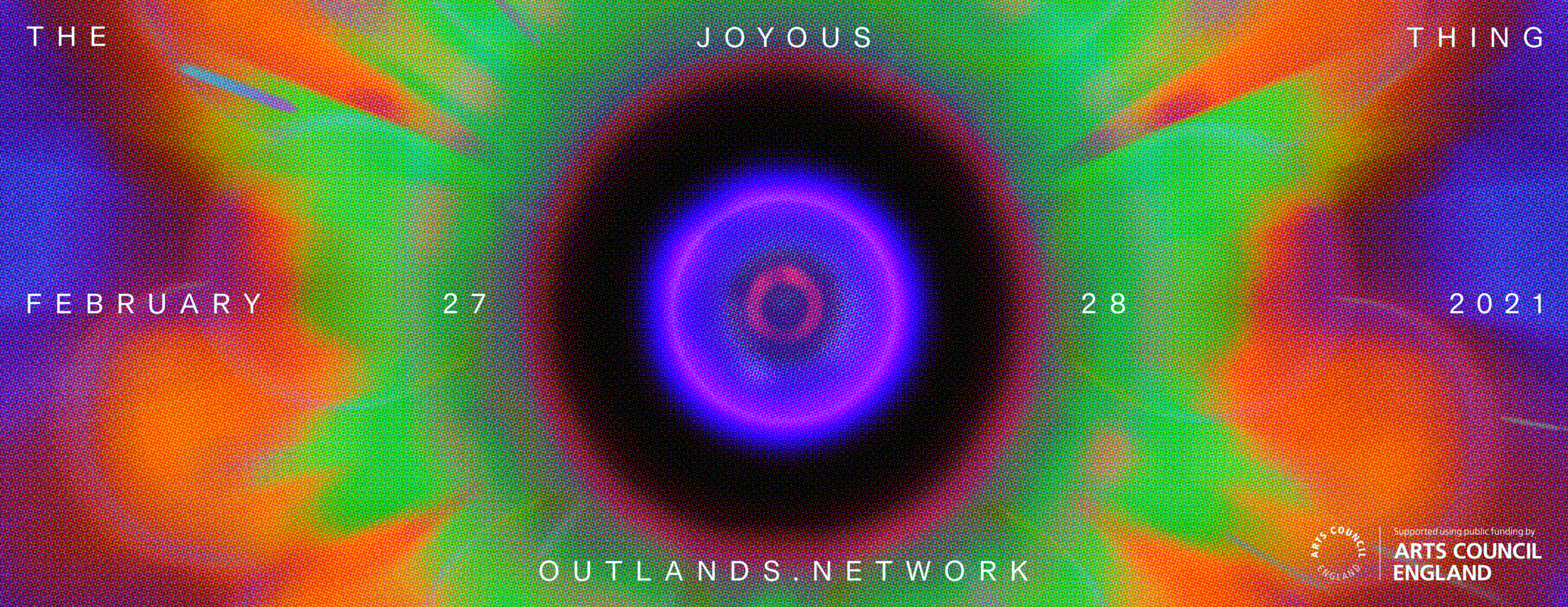| Hi Hal, What made you choose Brighton and this course?
Before choosing to study Digital Music and Sound Arts at Brighton I was studying Contemporary Performance in Glasgow. Near the end of my first year, I decided the course wasn’t for me, and I’d prefer to focus on music. I knew I still wanted to do a degree, but the challenge would be deciding which one – after all, there are probably hundreds of music courses in the UK! Fortunately, I was able to narrow it down, as I knew I wanted to study on an unconventional course that would bring out my experimental side. I searched the internet for experimental music courses, and this one at Brighton came up. In fact, it was one of the only courses that seemed to fit the bill. After reading the course website, it didn’t take me long to decide that this was the right course for me. I had never been to Brighton, but I’d heard good things, so I applied for the course through clearing and was offered a place after a telephone interview. |
| Can you tell us a bit more about the course? How would you describe it to a new student?
The DMSA course is unique! It is very practical, with plenty of creative tasks to keep us busy and develop our production skills, but it also has a theoretical side which I find fascinating. We learn about the history of experimental music and sound art, including various significant approaches from the 20th Century that inspire the pieces we make. The studio facilities at uni are top notch, with multiple studios available, featuring high quality speakers, modular synths and other exciting instruments, and lots of software that would be way out of my price range. The technicians are lovely and always happy to help. It’s been great working alongside my course-mates, who have very varied skillsets, and I feel I’ve learned as much from them as I have from my tutors, not to mention the connections I’ve made that I hope will last a lifetime. The course is also very open, giving us a broad range within the set tasks to make works that excite us, and utilise our personal skills. Studying from home hasn’t been easy, but our tutors have been understanding and helpful at every turn. |
| Tell us a bit about the teaching staff
My year head, Stephen Mallinder, has been a real joy to be taught by! Not only is he a prominent musician in his own right (having been a founding member of Cabaret Voltaire) but he is also a genuinely lovely chap, always eager to talk to us and help out with any issues we have. His teaching style is down to earth, humorous and well-informed, and I feel privileged to have him as a future contact and mentor. |
| Do you have the opportunity to go on placement or any other external learning opportunities?
The course has professional practice modules, designed to prepare us with the skills for success in the real world. We’re currently working on a Film Music module, in which we are encouraged to treat each task as if it was for a real film company or director. The head tutor on this module has worked a lot in film and shares his experiences and knowledge with us to prepare us for this sort of work. I don’t know whether I’ll go into making music for film, but I feel confident that if I do, I’ll have the knowledge and ability to succeed. |
| Is the University of Brighton a supportive place to study?
In first year, I was having a difficult time with my mental health, so I sought out some counselling through the uni. Luckily for me they offer a free counselling service, and I had six sessions with a counsellor. She talked to me about what I was going through, and even when lockdown happened, we were able to continue the sessions over Microsoft Teams. When I had completed all six sessions, she sent me links and advice on where to go next, should I decide I needed to continue my therapy. |
| How is student life and what’s Brighton like?
Brighton is a great city. Before the lockdowns there were loads of gigs, club nights and events to attend, and meeting people was easy as there are so many friendly people in this very liberal city. Thankfully, the nature around Brighton is also lovely, so even in lockdown I was able to take walks and explore the beach and the forests. I particularly recommend any new students to check out the forest at Wild Park – it’s so close to town and it’s a great place for a walk with friends or on your own to get away from the bustling city for a while. |
| What are your plans after finishing your course?
After finishing my course, I am currently planning to live in Berlin for a while, making music and living life to the full. Then, if I end up coming back to the UK, I imagine I’ll move back to my hometown of Bristol to try to make a living through music and theatre. I know my career path is a risky one, as there are many artists who never make a living through their work, but I hope with the skills and contacts I have made studying at Brighton, I will achieve my goals. Studying at university has definitely helped me be more outgoing and confident. I have gone from being a wallflower to a conversation starter, and I’m sure the friends I’ve made here will be with me for life. |
Q&A with 2nd year student Hal on studying Digital Music & Sound Arts.









